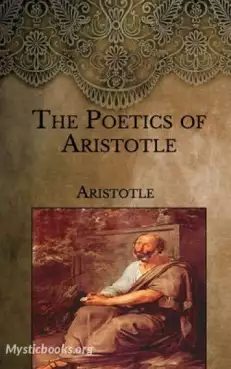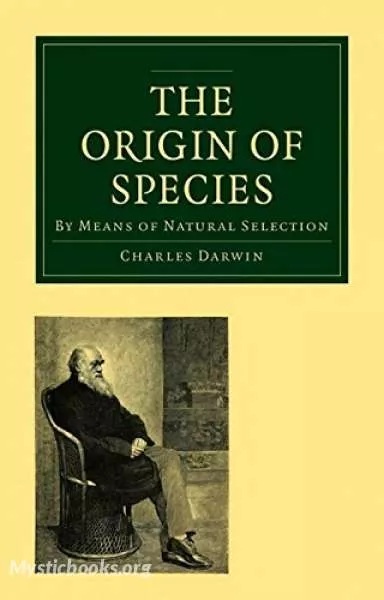
On the Origin of Species by Means of Natural Selection
'On the Origin of Species by Means of Natural Selection' Summary
Darwin's theory of evolution is based on key facts and the inferences drawn from them, which biologist Ernst Mayr summarized as follows:
- Every species is fertile enough that if all offspring survived to reproduce, the population would grow (fact).
- Despite periodic fluctuations, populations remain roughly the same size (fact).
- Resources such as food are limited and are relatively stable over time (fact).
- A struggle for survival ensues (inference).
- Individuals in a population vary significantly from one another (fact).
- Much of this variation is heritable (fact).
- Individuals less suited to the environment are less likely to survive and less likely to reproduce; individuals more suited to the environment are more likely to survive and more likely to reproduce and leave their heritable traits to future generations, which produces the process of natural selection (fact).
- This slowly effected process results in populations changing to adapt to their environments, and ultimately, these variations accumulate over time to form new species (inference).
Book Details
Language
EnglishOriginal Language
EnglishPublished In
1859Authors
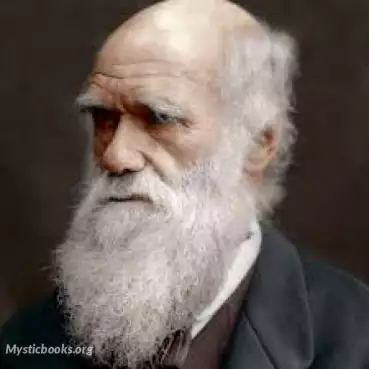
Charles Darwin
England
Charles Robert Darwin was an English naturalist, geologist and biologist, best known for his contributions to the science of evolution. His proposition that all species of life have descended over tim...
Books by Charles DarwinDownload eBooks
Listen/Download Audiobook
Related books
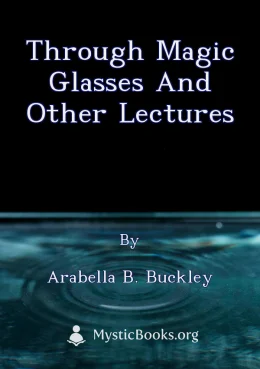
Through Magic Glasses and Other Lectures by Arabella B. Buckley
This book is a collection of lectures on various scientific topics, including the use of optical instruments such as microscopes and telescopes. It is...
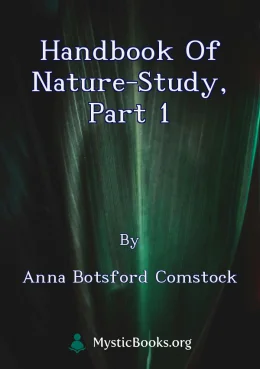
Handbook of Nature-Study, Part 1 by Anna Botsford Comstock
Comstock's *Handbook of Nature-Study* is a comprehensive guide for teachers and educators seeking to integrate the natural world into their classrooms...
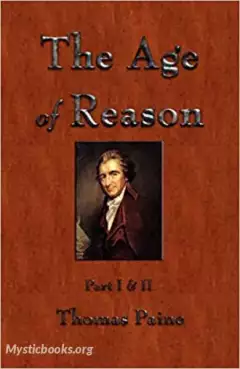
The Age of Reason by Thomas Paine
The Age of Reason; Being an Investigation of True and Fabulous Theology is a work by English and American political activist Thomas Paine, arguing for...

Introduction to the Birds of Pennsylvania by George Miksch Sutton
This book serves as a comprehensive introduction to the birds of Pennsylvania. Authored by renowned ornithologist George Miksch Sutton, it provides de...
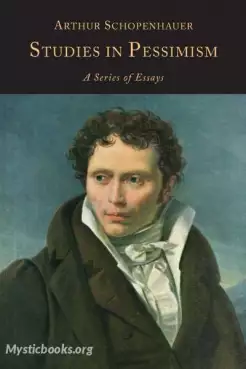
Studies in Pessimism by Arthur Schopenhauer
Arthur Schopenhauer, an early 19th century philosopher, made significant contributions to metaphysics, ethics, and aesthetics. His work also informed...
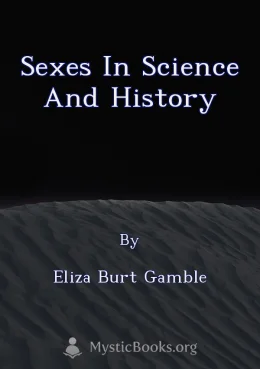
Sexes in Science and History by Eliza Burt Gamble
Eliza Burt Gamble's 'Sexes in Science and History' (originally published as 'The Evolution of Woman' in 1894) examines the historical and scientific p...
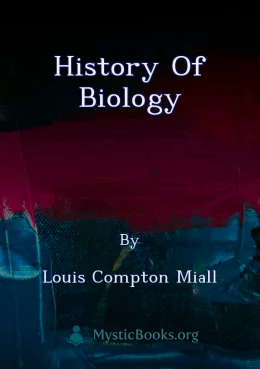
History of Biology by Louis Compton Miall
This book traces the development of biological knowledge from ancient times to the mid-19th century. It explores the contributions of prominent figure...
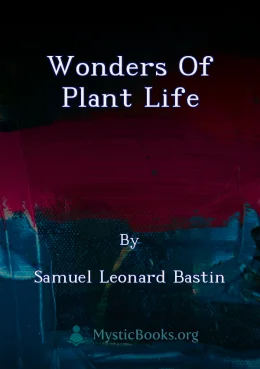
Wonders of Plant Life by Samuel Leonard Bastin
This book delves into the fascinating world of plant life, exploring the ingenious strategies plants employ to thrive in various environments. Through...

The Prince by Niccolò Machiavelli
Machiavelli has created a ruthless guide on how to rule the country in his volume "The Prince". The book is dedicated to Lorenzo De Medici, the ruler...
Reviews for On the Origin of Species by Means of Natural Selection
No reviews posted or approved, yet...
